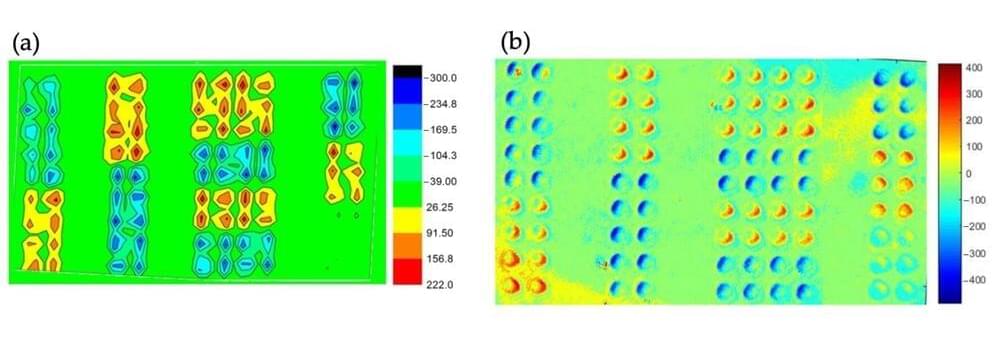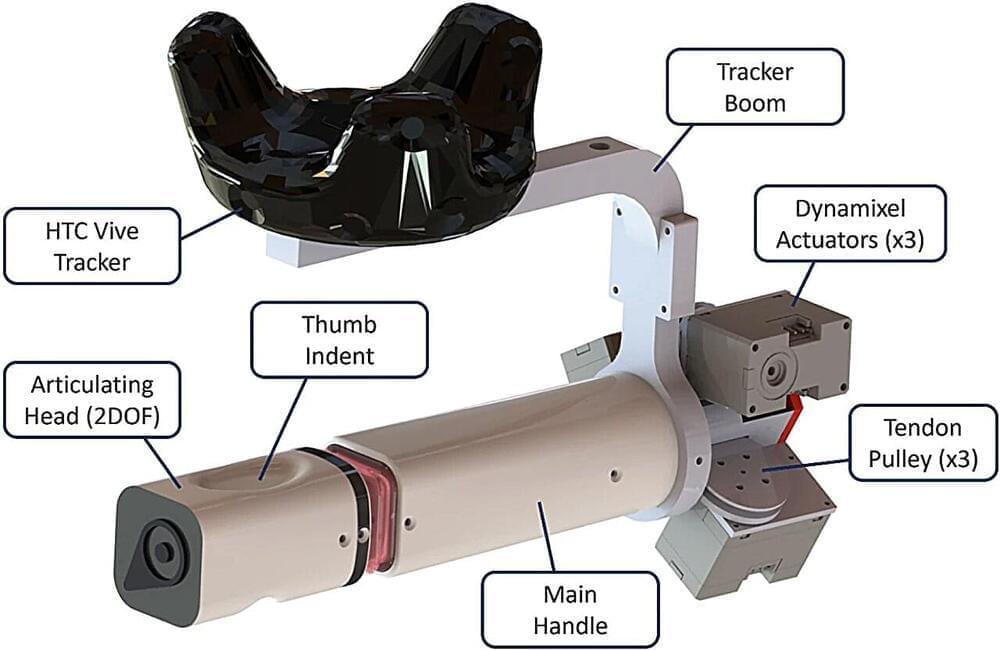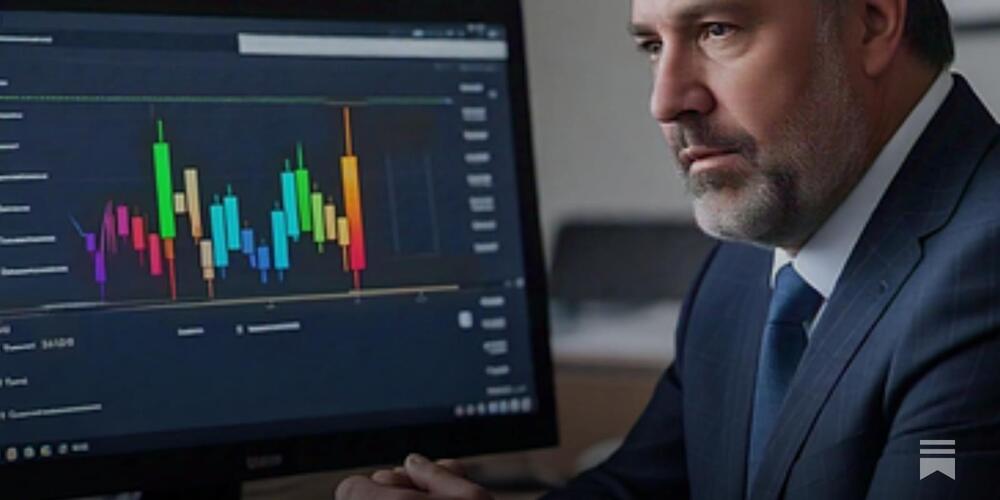
In today’s world, the fight against counterfeiting is more critical than ever. Counterfeiting affects about 3% of global trade, posing significant risks to the economy and public safety. From fake pharmaceuticals to counterfeit currency, the need for secure and reliable authentication methods is paramount. Authentication labels are commonly used—such as holograms on bank notes and passports—but there is always a need for new unfalsifiable technologies.
This is where research recently published in Applied Sciences comes into play. Led by a team of scientists from Oxford University, the University of Southampton, and Diamond Light Source, the UK’s national synchrotron, the work focuses on developing a new technology for writing and reading covert information on authentication labels.
This technology leverages the unique properties of Ge2Sb2Te5 thin films, which can change their structure when exposed to specific types of laser light. By using circularly or linearly polarized laser light, the researchers can encode hidden information in these thin films. This information can then be revealed using a simple reading device, making the technology both advanced and accessible.

















